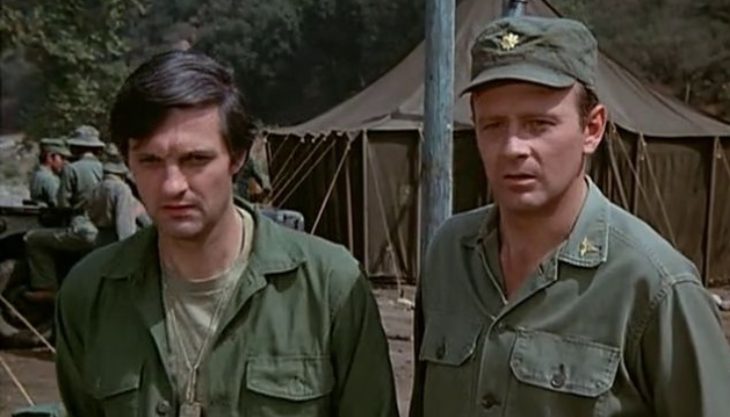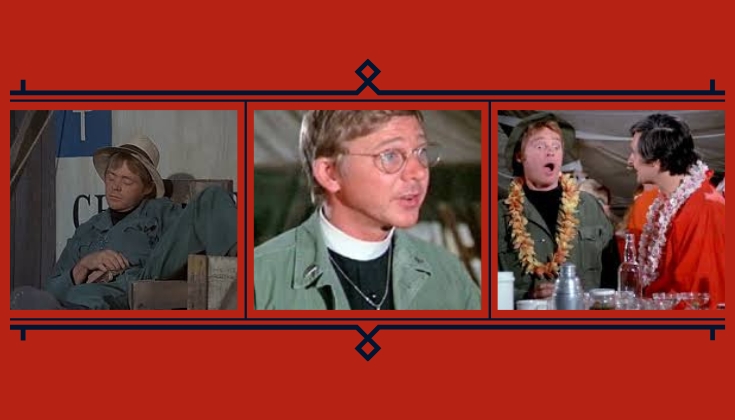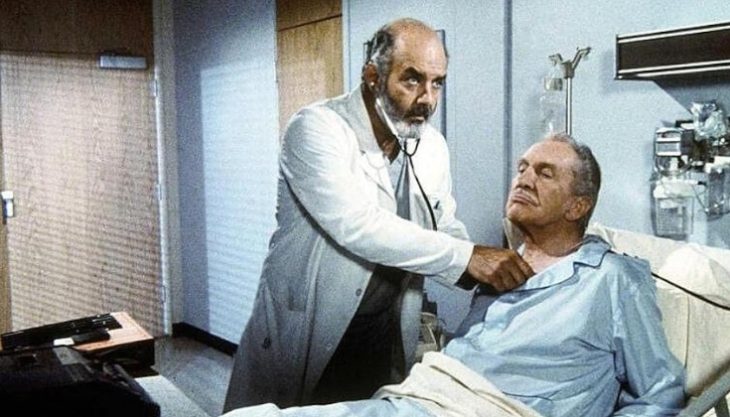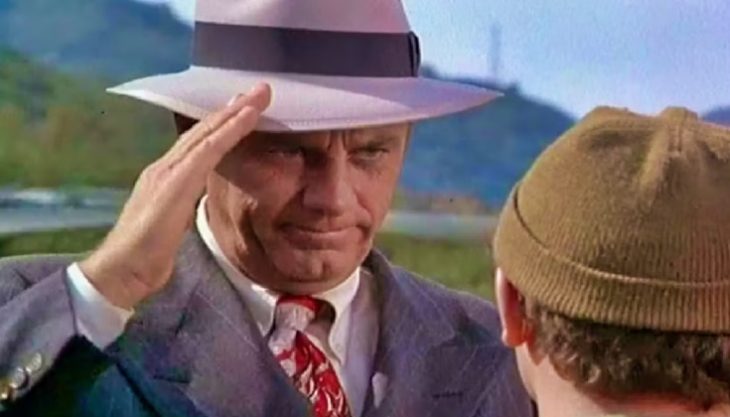The iconic TV show MASH was definitely a comedy. However, it also had deeply dramatic elements and dealt seriously with the realities of war. There were plenty of jokes and “situations” that were contrived to cause comedic scenes. And, the character of Frank Burns was himself such a contrivance. The character existed to create situations for the other characters to react to, play off, and often, to capitalize on in order to humiliate Frank. After Larry Linville left the show, this was no longer available, and the show became less and less about “hijinks at the front” and more about a group of medical professionals trying to cope with their situation and do their best. So, is MASH a sitcom, as it is often called?

The 1950s Meets the 1960s Meets the 1970s
MASH has been called a show set in the 1950s reflecting the values of the 1960s, designed for audiences of the 1970s and 80s. I’d say this is accurate. It was never truly a situation comedy. Instead, the show forged its own category. No other show, despite the hijinks and jokes, had ever portrayed war in such a serious way, especially a comedy.
MASH Defies Genres
If you must categorize MASH, then calling it a sitcom is most logical genre. However, despite the fact that CBS insisted on a traditional sitcom laugh track, the show’s creators certainly did not consider MASH a sitcom. There was never another show like it and there has not been one since. It was unique in it’s ability to combine comedy and drama, something that had not been done prior on television. The show defies traditional television genres.
The Key Difference Between MASH and Sitcoms
There was something else about MASH that separated the show from the sitcom world. The characters were put into a situation that, by necessity, changed them. It is hard to imagine a sitcom in which the characters evolved like those on MASH. We often hear about how the characters on MASH changed and evolved. But those changes reflected the overall change in the show’s tone and emphasis.
Margaret went being called Hot Lips, a woman having an affair with a married man, to a wife, to a compassionate and mature leader with a more feminist viewpoint. Klinger stopped wearing dresses and started running the unit as company clerk. Hawkeye and B.J. stopped drinking and partying quite so much. Hawkeye all but ceased with the sexual innuendos and constant womanizing. Charles softened his boorish attitude and became a better friend and ally to his campmates. Most of these changes are part and parcel to the overall direction of the show. Toward the end, the show no longer made fun of military beauracracy and was simply portrayed as a professional and caring Military medical unit.
MASH Reflected Societal Changes
Few modern viewers realize that as MASH began it’s run, America was just getting out of the Vietnam war. The show reflected the attitude that America had toward military solutions. Americans wanted us out of Vietnam. Americans watching this new comedy about a medical unit in a war most of them had barely heard of had this attitude reflected back at them through their television screen. As time went on and Vietnam soldiers were being treated harshly by their fellow Americans, the show changed its tone again to reflect changing attitudes toward the military. It is hard to imagine any true sitcom changing in such fundamental ways during its run. MASH certainly had plenty of comedic situations, but it was not a sitcom in the true sense of the word.




